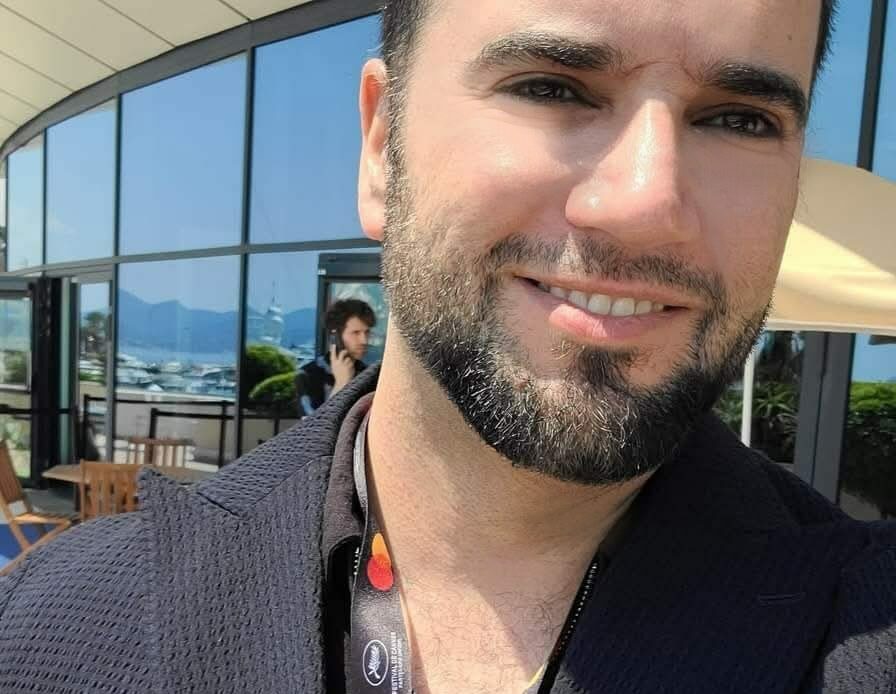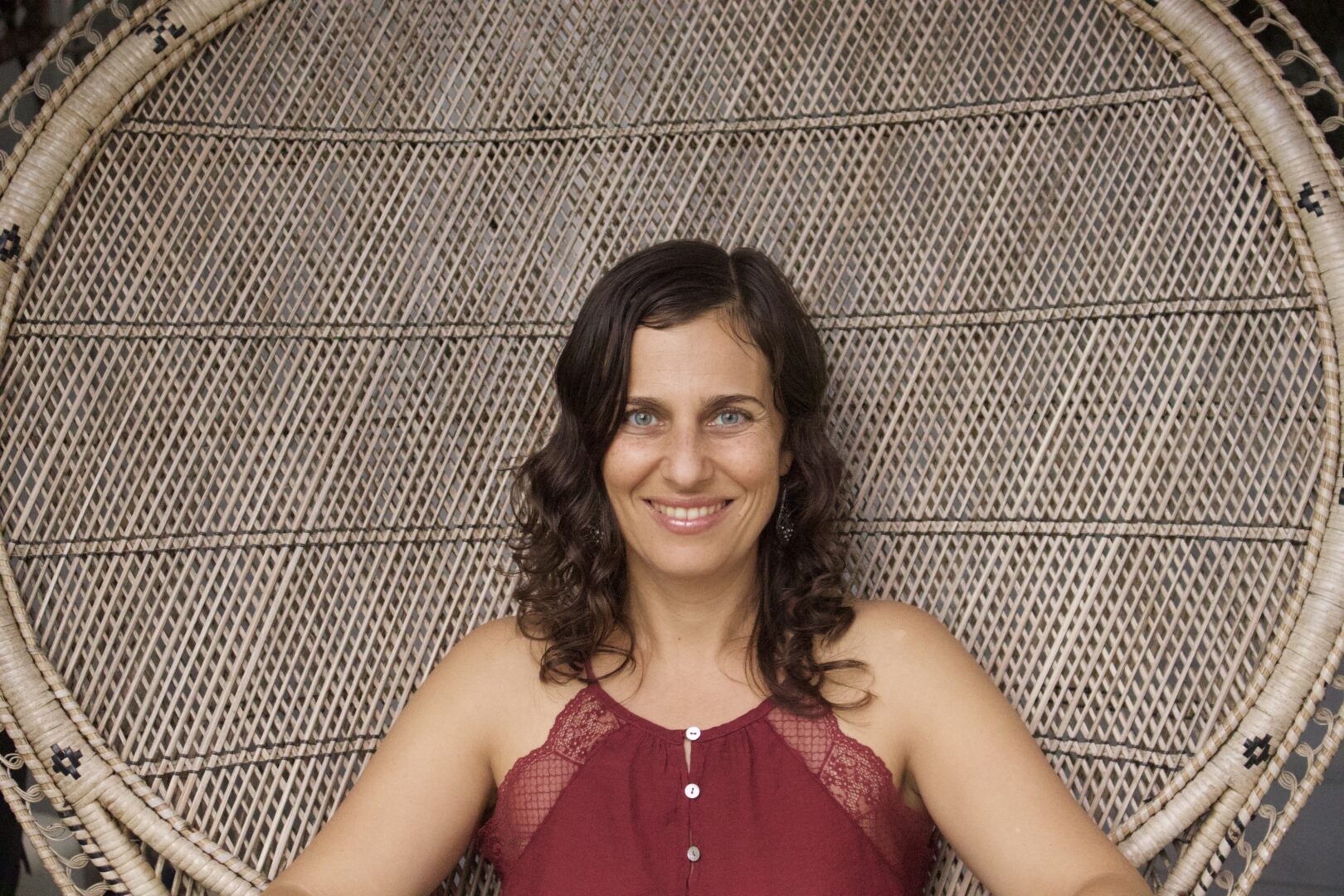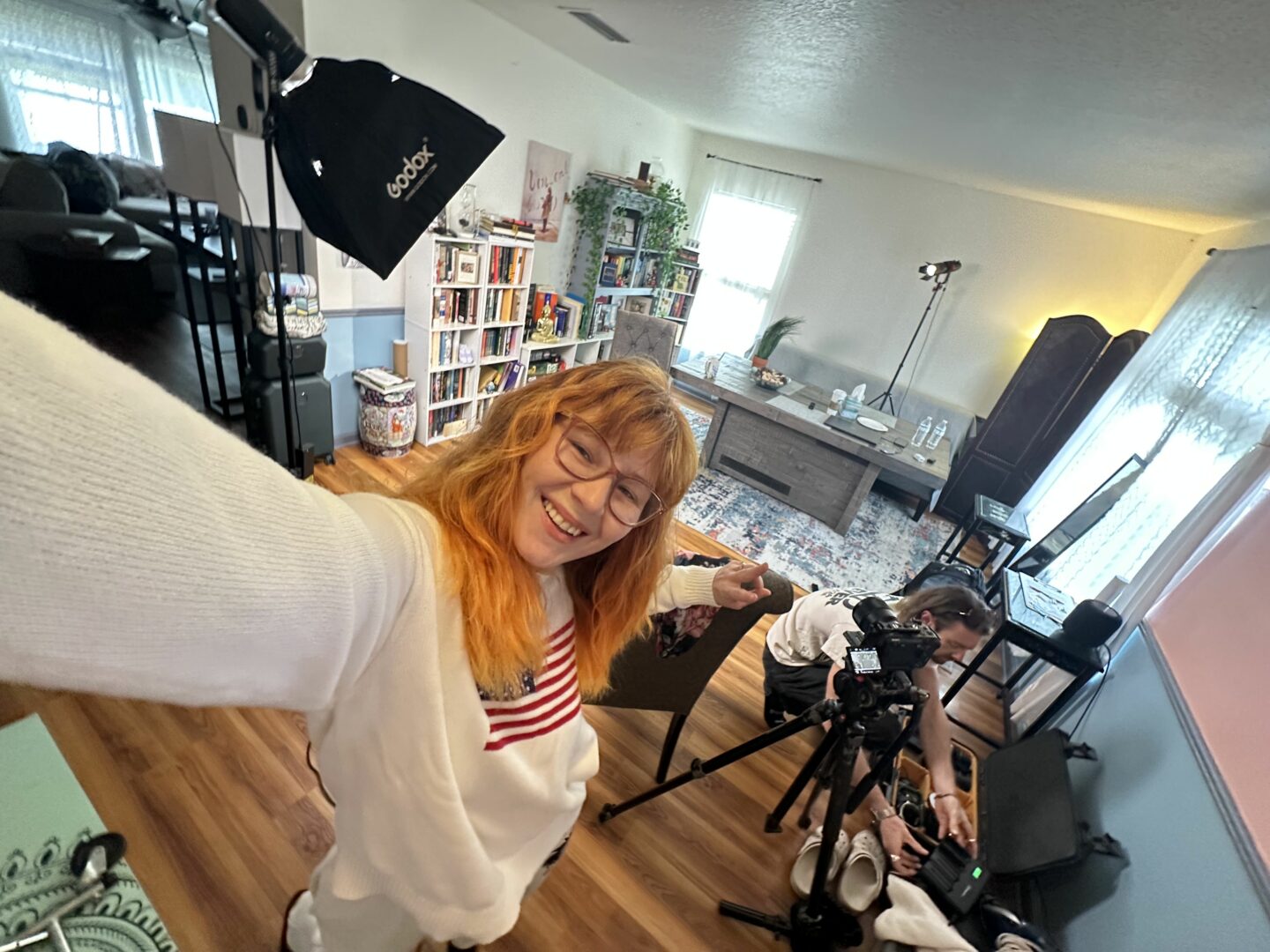We’re excited to introduce you to the always interesting and insightful Devon Dubois. We hope you’ll enjoy our conversation with Devon below.
Hi Devon, thank you so much for joining us today. There are so many topics we could discuss, but perhaps one of the most relevant is empathy because it’s at the core of great leadership and so we’d love to hear about how you developed your empathy?
There have been various conditions that have allowed me to develop the super power that is empathy. Having empathic parents, understanding friends, as well as, compassionate mentors within the psychotherapy field has helped me foster a deep sense of empathy for others.
As a young clinician, I had a few opportunities to watch Dr. Sue Johnson (the founder of Emotionally Focused Therapy) sit with couples and help them repair relational injuries. Her “live” work was both transformative and powerful; she was able to create emotional safety and build trust through the magic of relentless empathy. As such, she was ultimately able to restructure the couple’s bond. Sue opened people up and helped partners reach for one another. Seeing Sue’s therapeutic style was both impactful and influential in my work as a therapist. Her ability to dance with emotion, in the most empathic way, inspired me to be both a better clinician and a more attuned and compassionate human.
To develop a deep sense of empathy, I believe one must channel curiosity, emotional accessibility, and full engagement. If we are able to attune and track another’s experience and story, we can often get to a space of understanding and empathy. This is important because empathy and understanding can then lead to connection, togetherness, and a felt sense of belonging (which we all need as attachment creatures).
I believe we can all learn to be more empathic with a bit of flexibility and a willingness to hold another’s perspective without judgment. Brené Brown, describes empathy in a way that is both clear and powerful, she states: “In order to empathize with someone’s experience you must be willing to believe them as they see it and not how you imagine their experience to be.” This speaks to me. Someone who inspires me once told me that empathy is their love language. I love this because empathy is one of my core values. Empathy is a healing agent and can help us to feel held, seen, and safe with those who matter most.

Thanks, so before we move on maybe you can share a bit more about yourself?
I am a trauma-informed psychotherapist with a relational focus. I am self-employed- in a private practice setting. I am an ICEEFT Certified Emotionally Focused Therapist and Supervisor who believes in the power relational healing. I work with both couples and individuals through an attachment lens.
In addition to specializing in EFT, I provide Eye Movement Desensitization and Reprocessing (EMDR). I help people heal from trauma in order to develop a more solid sense of self. We all deserve to thrive- to not just survive. My therapeutic work goes beyond symptom reduction- it’s more than supportive psychotherapy. The work is about creating deeper and lasting change and helping people connect with and access their inner strength so they can heal and live in their integrity. I am currently working toward certification in R-EMDR (Relational Eye Movement Desensitization and Reprocessing).
As a clinician, my mission is to (authentically) model relentless empathy- to be an empathic and safe other. Healing can happen and shame can dissipate when we are accepted, seen, and held by someone who cares. When we feel safe, vulnerability is possible. Vulnerability matters because it breeds more vulnerably- which leads to connection. Johnson, once said: “Everything that people do is perfectly reasonable. And if it doesn’t look like that to you, work harder to find out how it makes sense.” This quote has always inspired me to remain curious.
In addition to providing psychotherapy, I offer EFT supervision and consultation for both seasoned and “green” clinicians. I help therapists on their path in feeling more confident and competent in the EFT model. I also support clinicians who are working toward EFT certification. Together, we engage in experiential exercises, video review, as well as, case consultation.
Looking back, what do you think were the three qualities, skills, or areas of knowledge that were most impactful in your journey? What advice do you have for folks who are early in their journey in terms of how they can best develop or improve on these?
Three things that were impactful on my journey in becoming a psychotherapist pertain to knowledge, skillset, and personal qualities. In terms of knowledge- having an understanding of attachment theory, trauma, and neuroscience has been invaluable for my work- staying relevant and informed is important so I am able to move clients toward positive outcomes.
When reflecting on vital therapeutic skills, I believe that having the ability to deeply track and attune to someone’s experience is extremely important. Attunement and engagement make it possible for me to understand another’s emotional landscape. If I am able to understand, I am likely to connect with my clients and create emotional safety.
When I reflect on personal qualities that have been helpful, I connect with the the desire to learn and the motivation to continue to improve my craft. I have a thirst for information and want to absorb all that I can within the field of psychotherapy. It feels important to stay informed so I am able to best support those who trust me with their care- with their relationships.
The advice I would give to someone who is new to the field would be to remain flexible, be cognizant of your own capacity levels, listen and trust your body (after all, the body keeps score), and network with like-minded individuals. Connect with kind others and avoid comparisons. After all, we need to run our own race.

How would you describe your ideal client?
When working with couples using EFT
My ideal clients are couples who are experiencing conflict, distress, or a lack of closeness and connection in their primary relationship. I work with partners who are dealing with depression, loss, betrayals, anxiety, developmental/relational trauma, blended family issues, parenting struggles, life transitions, acculturation challenges, or attachment-related injuries. Strong candidates for EFT are couples who are looking to reconnect, build trust, and establish emotional safety within the relationship.
My ideal couple is one where both parties continue to be emotionally invested in their relationship- when they are willing to learn about how they each have contributed to the current state of affairs. Research supports EFT’s effectiveness in improving emotional bonding and relationship satisfaction. Studies also show that EFT is effective for treating both emotional and attachment related issues; thus, leading to improvements in emotional regulation, psychological well-being, and self-compassion.
When working with individuals, I enjoy supporting people who have challenges relating to low self-esteem, phobias, depression, anxiety, relational difficulties, developmental trauma, and/or post-traumatic stress disorder (PTSD). I am passionate about helping others heal from trauma or other disturbing life experiences.
EMDR is effective in creating change for people from diverse backgrounds- who experience a wide-range of life challenges. EMDR integrates well into my practice of EFT- it complements and strengthens my work around attachment.
It is important that therapy is a good fit for both parties- the therapist and the client. Being able to set appropriate expectations for our work together will lead to better outcomes and increased satisfaction. I like having honest and real conversations- I view myself as a feeler and as an empathic other. I enjoy working with people who are open to self-reflection and collaboration- individuals who are looking to live in their integrity. Working together and a willingness to engage in our sessions will help us effectively move through important pieces of work. It’s vital that my clients understand that growth often requires change and a willingness to embrace the therapeutic process, even when it is challenging. The good news is: I am there with them.
I also appreciate a solid sense of humor- because I’ve got jokes.
Contact Info:
- Website: https://www.devondubois.com
- Instagram: devon_dubois_
- Facebook: Devon DuBois, Licensed Marriage and Family Therapist (87052)
Image Credits
All Colors Photography
so if you or someone you know deserves recognition please let us know here.




